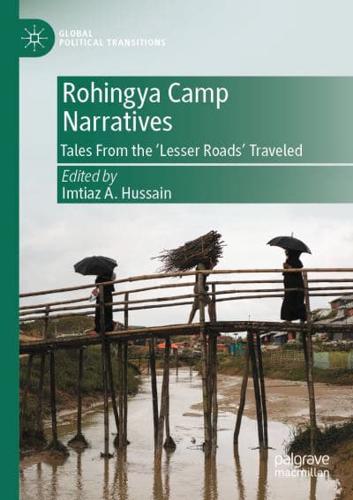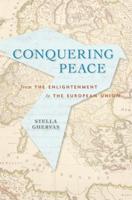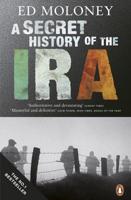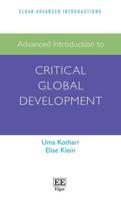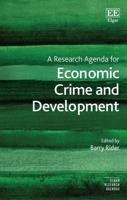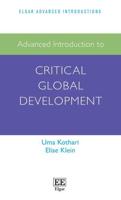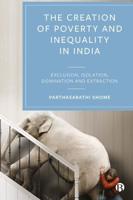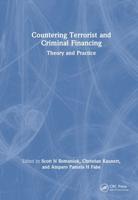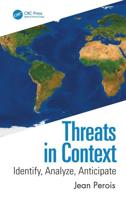Publisher's Synopsis
This book presents thirteen chapters which probe the "tales less told" and "pathways less traveled" in refugee camp living. Rohingya camps in Bangladesh since August 2017 supply these "tales" and "pathways". They dwell upon/reflect camp violence, sexual/gender discrimination, intersectionality, justice, the sudden COVID camp entry, human security, children education, innovation, and relocation plans. Built largely upon field trips, these narratives interestingly interweave with both theoretical threads (hypotheses) and tapestries (net-effects), feeding into the security-driven pulls of political realism, or disseminating from humanitarian-driven socioeconomic pushes, but mostly combining them. Post-ethnic cleansing and post-exodus windows open up a murky future for Rohingya and global refugees. We learn of positive offshoots (of camp innovations exposing civil society relevance) and negative (like human and sex trafficking beyond Bangladeshi and Myanmar borders), as of navigating (a) local-global linkages of every dynamic and (b) fast-moving current circumstances against stoic historical leftovers.


